How Debt Collection works in the USA
Debt collection is the process of recovering unpaid debts from individuals or businesses. When a borrower defaults on a loan or credit card payment, the lender may hire a debt collection agency to pursue the debt on their behalf. Debt collection can be a difficult and sensitive process, as both the debtor and creditor have legal rights that must be respected. In this article, we will explore the debt collection process, including the legal framework, debt collection tactics, and ways to avoid debt collection.
Legal Framework
Debt collection is regulated by federal and state laws to protect consumers from abusive and harassing debt collection practices. The Fair Debt Collection Practices Act (FDCPA) is a federal law that governs debt collection practices in the United States. The FDCPA prohibits debt collectors from using deceptive, abusive, or unfair practices when attempting to collect a debt. The law also provides consumers with the right to dispute a debt, request validation of the debt, and stop debt collectors from contacting them.
Debt collection is also regulated by state laws, which may provide additional protections for consumers. For example, some states have laws that limit the amount of interest that can be charged on a debt, prohibit wage garnishment, or require debt collectors to provide written notice before taking legal action. It is important to understand the debt collection laws in your state and to consult with an attorney if you believe your rights have been violated.
Debt Collection Tactics
Debt collectors use a variety of tactics to collect unpaid debts, including phone calls, letters, and legal action. Debt collectors are trained to be persistent and persuasive, and may use aggressive tactics to pressure debtors into paying their debts. Some common debt collection tactics include:
- Phone calls: Debt collectors may call you at home, work, or on your mobile phone to request payment. They may use automated dialing systems or prerecorded messages to contact you. Under the FDCPA, debt collectors are prohibited from calling you before 8 a.m. or after 9 p.m.
- Letters: Debt collectors may send you letters requesting payment or threatening legal action. These letters may be designed to look like official documents, and may include legal jargon or threats of wage garnishment or asset seizure.
- Legal action: If a debt remains unpaid, a creditor may file a lawsuit to collect the debt. If a court judgment is obtained, the creditor may be able to garnish your wages or seize your assets to satisfy the debt.
Debt collectors are prohibited from using certain tactics when attempting to collect a debt. For example, they are not allowed to use obscene language, make false statements, or threaten violence or harm. If a debt collector violates the FDCPA, you may have legal recourse to stop the harassment and recover damages.
Ways to Avoid Debt Collection
The best way to avoid debt collection is to pay your debts on time and in full. If you are unable to make a payment, it is important to contact your lender or creditor to discuss your options. Many creditors are willing to work with borrowers who are experiencing financial difficulties, and may be able to offer a payment plan or deferment.
If you are unable to pay your debts and are being contacted by debt collectors, there are several steps you can take to protect yourself:
- Know your rights: Familiarize yourself with the FDCPA and state debt collection laws to understand your legal rights. If a debt collector violates the law, you may be able to take legal action to stop the harassment.
- Request validation of the debt: Under the FDCPA, you have the right to request validation of the debt in writing. This means the debt collector must provide you with proof that you owe the debt and that they are authorized to collect it.
- Keep records: Keep copies of all correspondence



